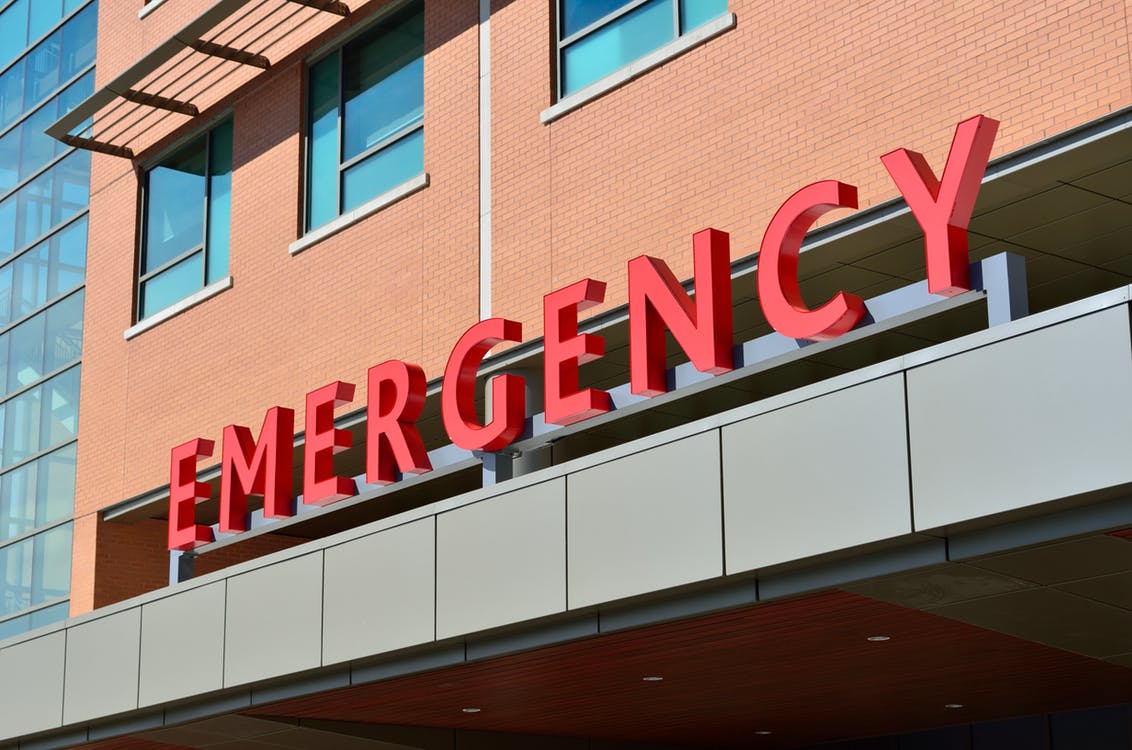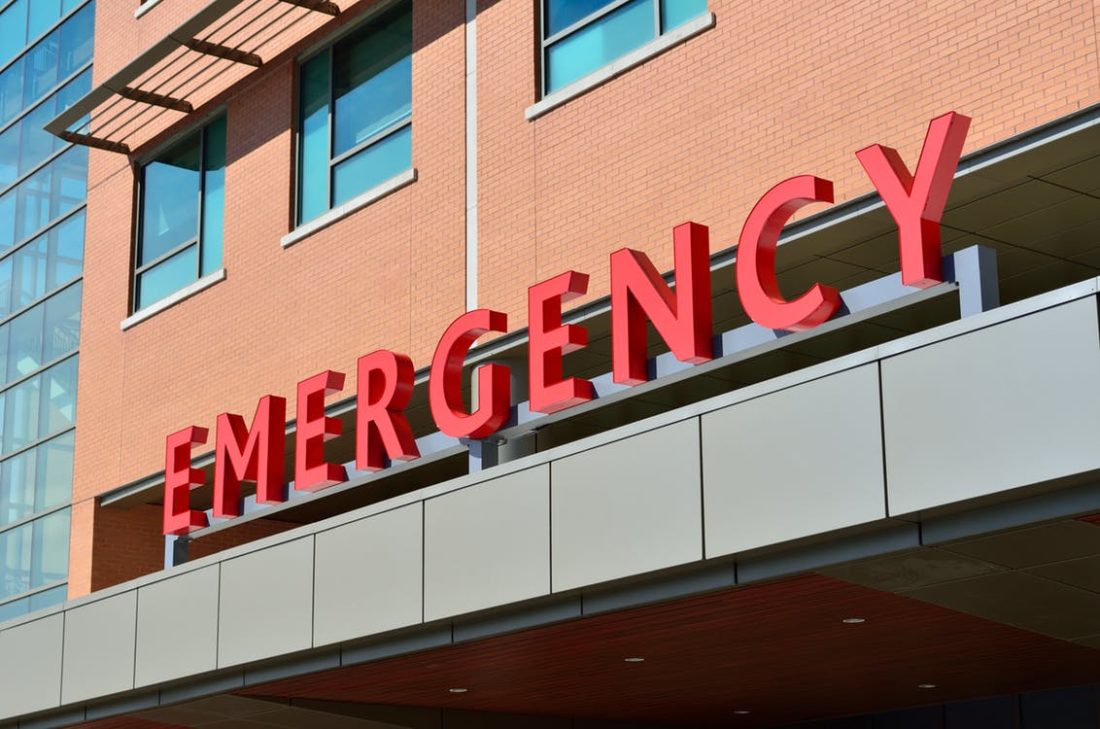
There’s arguably nothing worse than having to deal with an illness that comes out of nowhere. One day you’re feeling just fine and the next you’re stuck in bed. Bummer, right?
However, some sudden medical conditions can result in major emergencies for the unsuspecting public. While we shouldn’t constantly live in fear of “what-if” situations, there are relatively common conditions out there that seem to strike at a moment’s notice. Even so, such conditions do indeed have warning signs; meanwhile, the likelihood of suffering such sudden emergencies can be reduced with some health precautions.
But the question remains: are you prepared for such an attack? If you’re not sure or have no idea what to look out for in terms of emergency medical conditions, keep the following three scenarios in the back of your mind.
-
Gallbladder Attack
If you feel a sudden, onset pain in the upper right side of your abdomen, don’t simply assume that it’s a cramp. The culprit could very well be an attack on your gallbladder, especially if you’ve just eaten or find that the pain radiates up your body. Seemingly common sickness symptoms such as vomiting and indigestion in addition to more serious symptoms such as jaundice and dark urine.
In the case of a severe episode, it may be necessary to have your gallbladder removed sooner than later if you’re experiencing these symptoms. Specific medical treatments for gallstones are few and far between beyond removal. Healthy eating and a more natural lifestyle can help you avoid a gallbladder attack. This also helps in preventing the formation of gallstones which are often associated with fatty foods.
-
Appendix Attack
Appendicitis is nothing to mess around with: in the case that you suspect that your appendix has burst, the resulting spread of infection could be fatal. Not unlike a gallbladder attack, the most common method of identifying a potential appendix attack is by noting severe pain. Sharp discomfort in your abdomen combined with vomiting and fever can clue you in on your condition, but seeing a doctor immediately is the “better safe than sorry” approach.
Unfortunately, there is no way to prevent the condition fully. Appendicitis impacts about 10% of the population, typically those under the age of 30, and requires your attention to pain and symptoms.
-
Heart Attack
Finally, most people are seemingly aware of the risks and causes of heart attacks. From eating healthier to getting regular exercise, cardiac arrest is perhaps the most often discussed emergency medical condition of the general public.
That said, the signs of a heart attack aren’t always so easy to spot and vary from person to person as each heart attack last a different span of time. Between tightness and squeezing sensations throughout the body, chest pains and dizziness, there’s more to the condition than your left arm going numb. Either way, seeking medical attention ASAP is the right answer for anyone suspecting that they might be having a heart attack.
Emergency medical conditions can be terrifying and complicated, especially for those who don’t know the basics of sudden symptoms. With this list in mind, you can better understand such an emergency and understand what to do is the worse does indeed occur.
